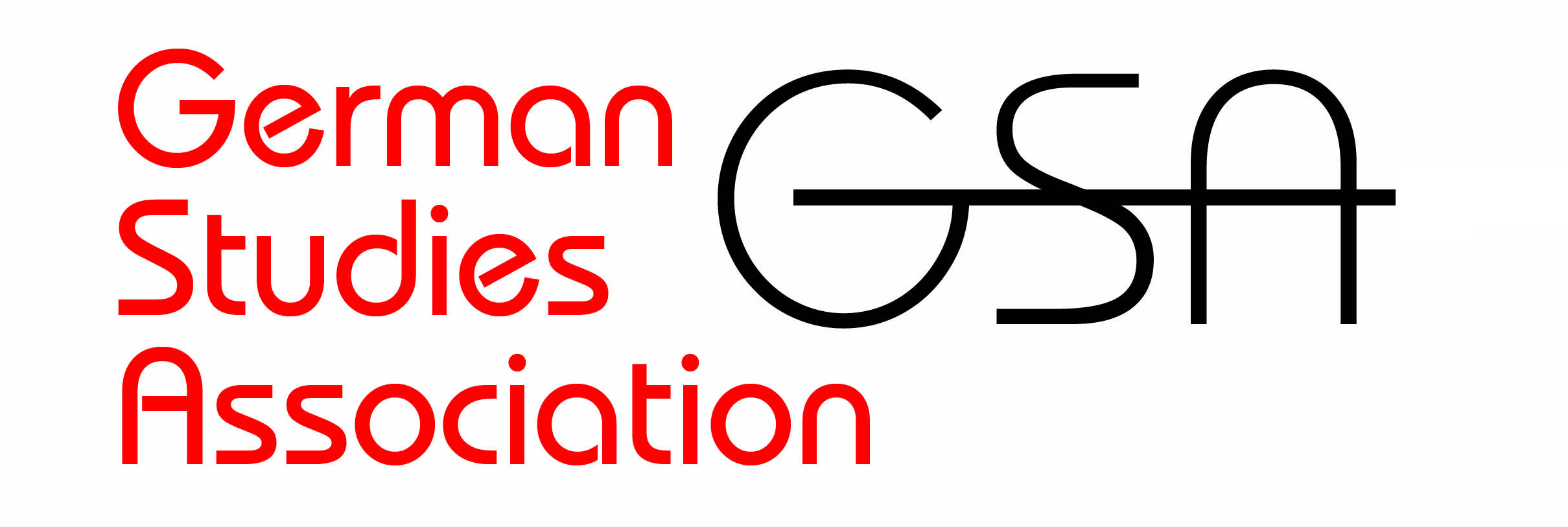December 10, 2020
Dr. William Falls, Dean
College of Arts and Sciences
University of Vermont
Burlington, VT 05405
Dear Dean Falls,
The Executive Council of the German Studies Association urges the University of Vermont at Burlington to reconsider its recent proposal to close a dozen of the university’s 56 undergraduate majors, including German, along with 11 minors and 4 MA programs. Since the University of Vermont states in its strategic plan that it “benefits from the powerful combination of a liberal arts core and the comprehensive academic resources of a major research institution,” it makes no sense that that same institution would then wish to cut over 17% of the majors in this core. The impacted programs clearly need to be part of the conversation on how to move forward.
If the University of Vermont is like so many nationwide, faculty in the affected disciplines perform valuable teaching not only in their own degree programs but also in the areas of general education, basic languages, writing and composition, and in prerequisite courses for other degree streams, all while their research costs are relatively low. They often provide personalized, humanistically grounded teaching, mentoring, and advising, which has been documented to improve graduation and retention rates for a diverse range of students. They thus contribute in cost-effective ways not only to the university’s research profile, but also to student success and the viability of programs beyond their own. What is more, offering advanced study and degree programs in disciplines such as German contributes directly to the goals articulated in the University of Vermont's mission and vision statement, which includes the stated aim “to create, evaluate, share, and apply knowledge and to prepare students to be accountable leaders who will bring to their work dedication to the global community, a grasp of complexity, effective problem-solving and communication skills, and an enduring commitment to learning and ethical conduct.”
We therefore advocate for inclusive planning processes that involve faculty in creating sustainable instructional and administrative structures. Faculty in adjacent disciplines should also be encouraged to examine and update their own curricula to make good on the centrality of fields such as German to the strategic plan and mission statement, rather than sitting inert on a list of retained programs as if untouched by the events affecting their colleagues and their students.
Decisive moments such as these should be opportunities for transformative, collaborative thinking rather than austerity measures that lead to other kinds of educational and research deficits further down the road, such as problems with faculty retention. Instead of cutting units and not being able to restore them after the Covid-19 pandemic, we believe that the University of Vermont would be better advised to refer to its strategic plan of “enhancing existing programs” by “grow[ing] corporate, foundation, federal and philanthropic partnerships to develop new internship, research, study-abroad and service-learning opportunities.” We acknowledge the severity of the predicted financial losses of the institution, cited in Forbes as $27.9 million over the next three years, with an $8.6 million anticipated deficit for UVM’s College of Arts and Sciences for fiscal year 2021. However, we do not see how cutting these small majors can make a serious dent in the debt, given its scale. A more efficacious route would be to advocate for a new post-CARES Act federal program providing grant support to reimburse institutions with demonstrable operating losses during this time, as recently recommended in a December 2nd, 2020 letter to Congress from Ted Mitchell, President of the American Council on Education, along with many other agencies, including the Association of American Universities, the New England Board of Higher Education, the New England Commission of Higher Education, the Council for Higher Education Accreditation, and the Association of Public and Land-Grant Universities.
Sincerely,
Johannes von Moltke
President
on behalf of
The Executive Council of the German Studies Association
| David E. Barclay Kalamazoo College, emeritus Executive Director |
Sara F. Hall University of Illinois at Chicago Vice President-Elect |
Margaret E. Menninger Texas State University Executive Director Designate |
|
Thomas O. Haakenson |
David Imhoof |
Janet Ward |
